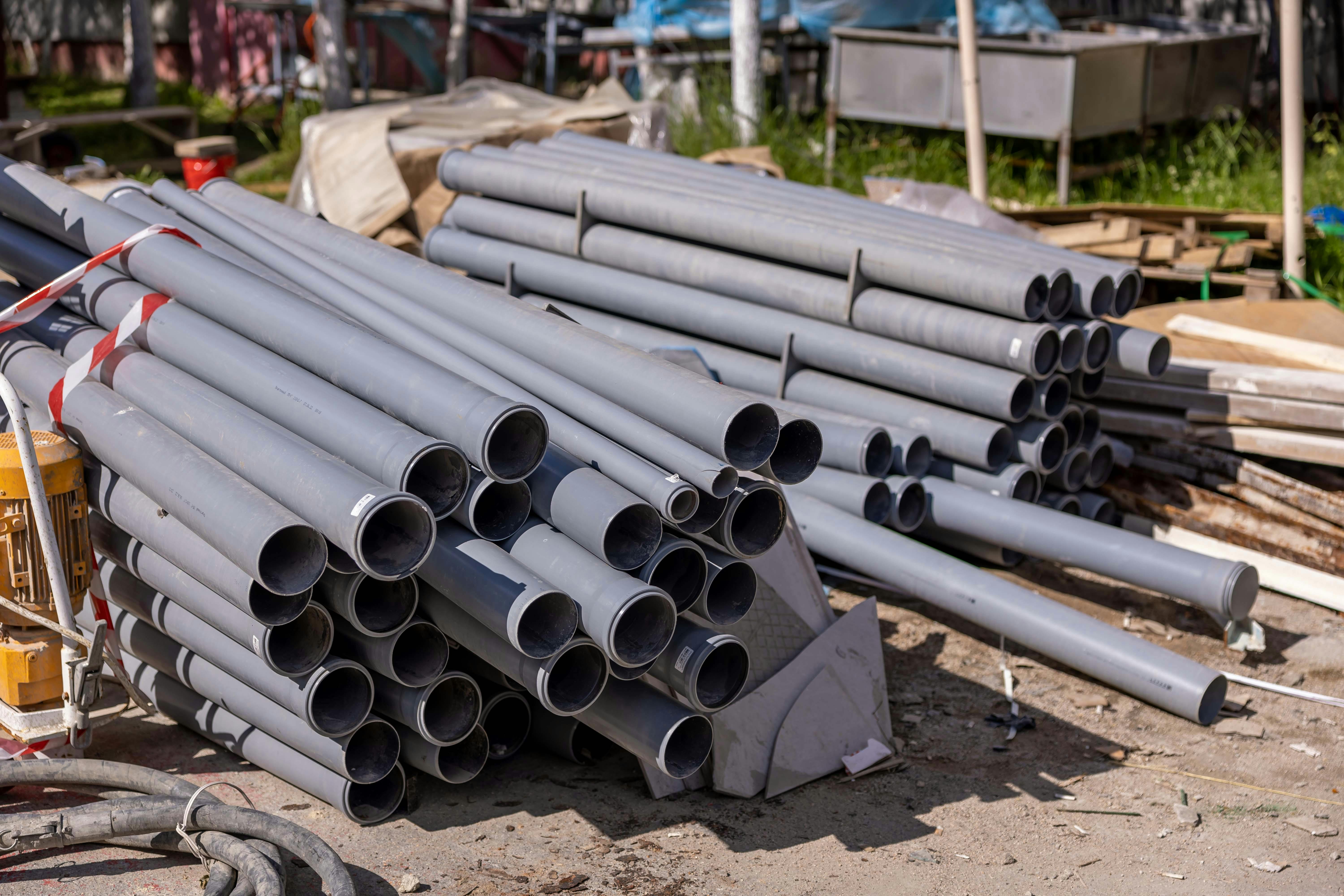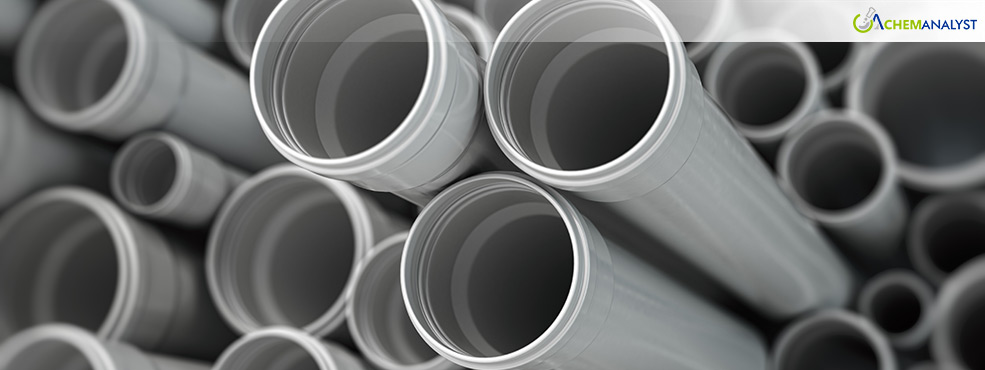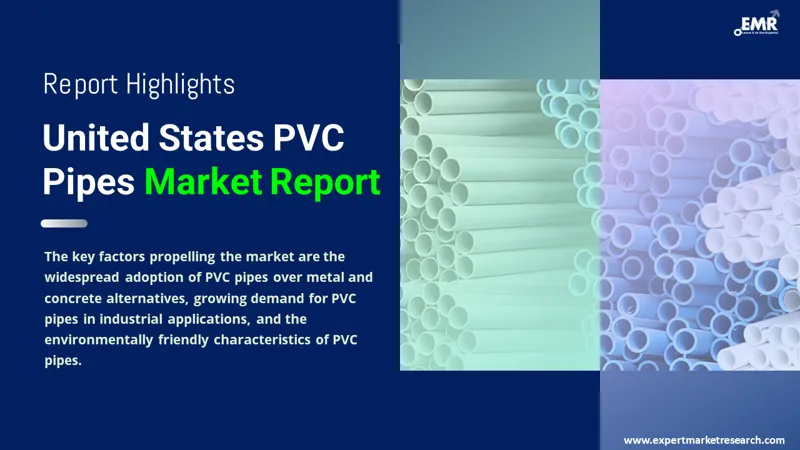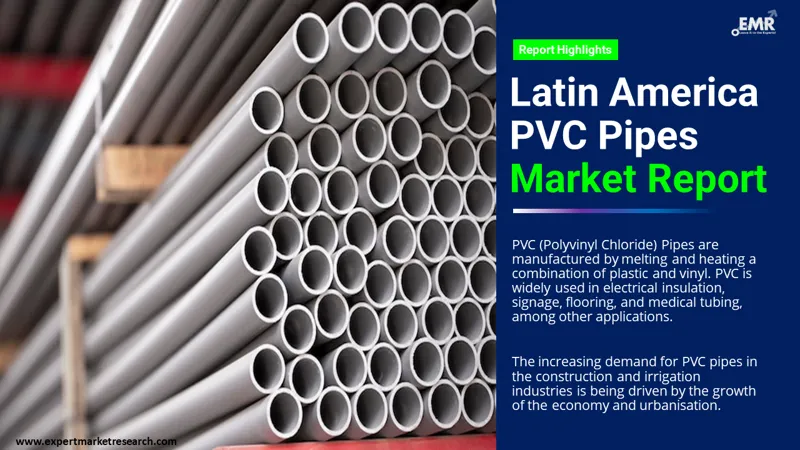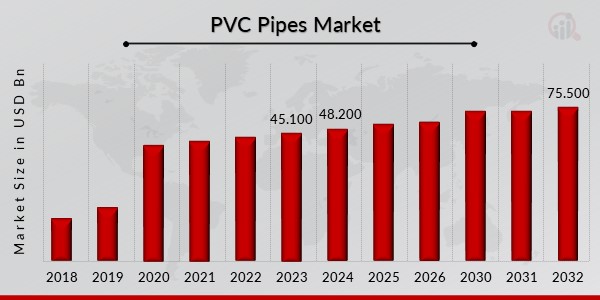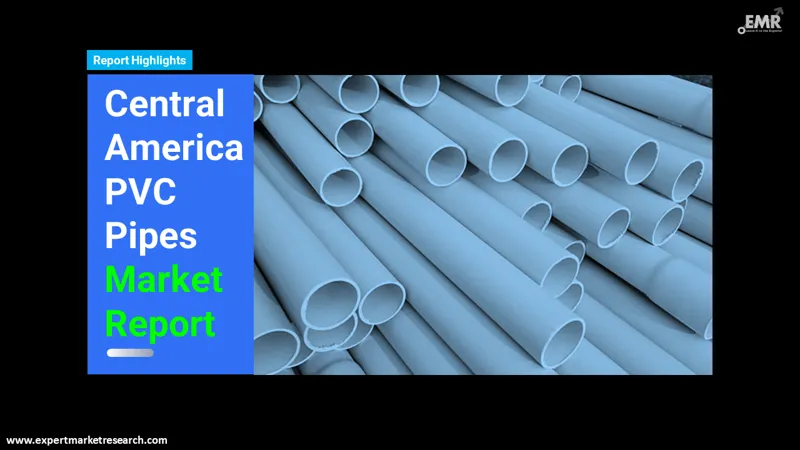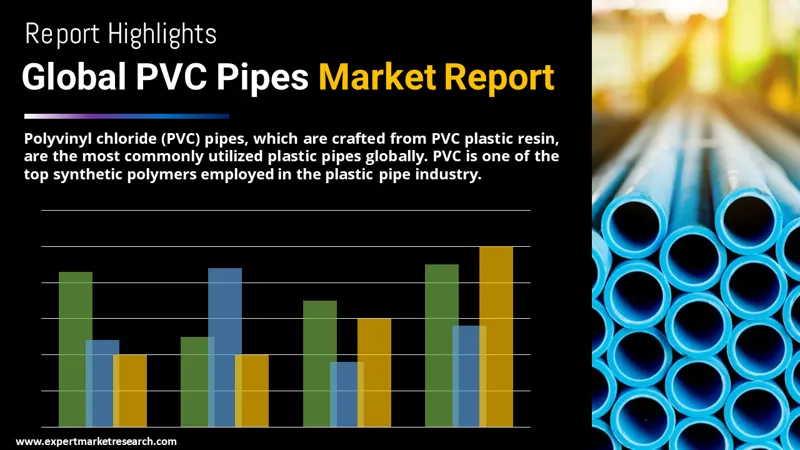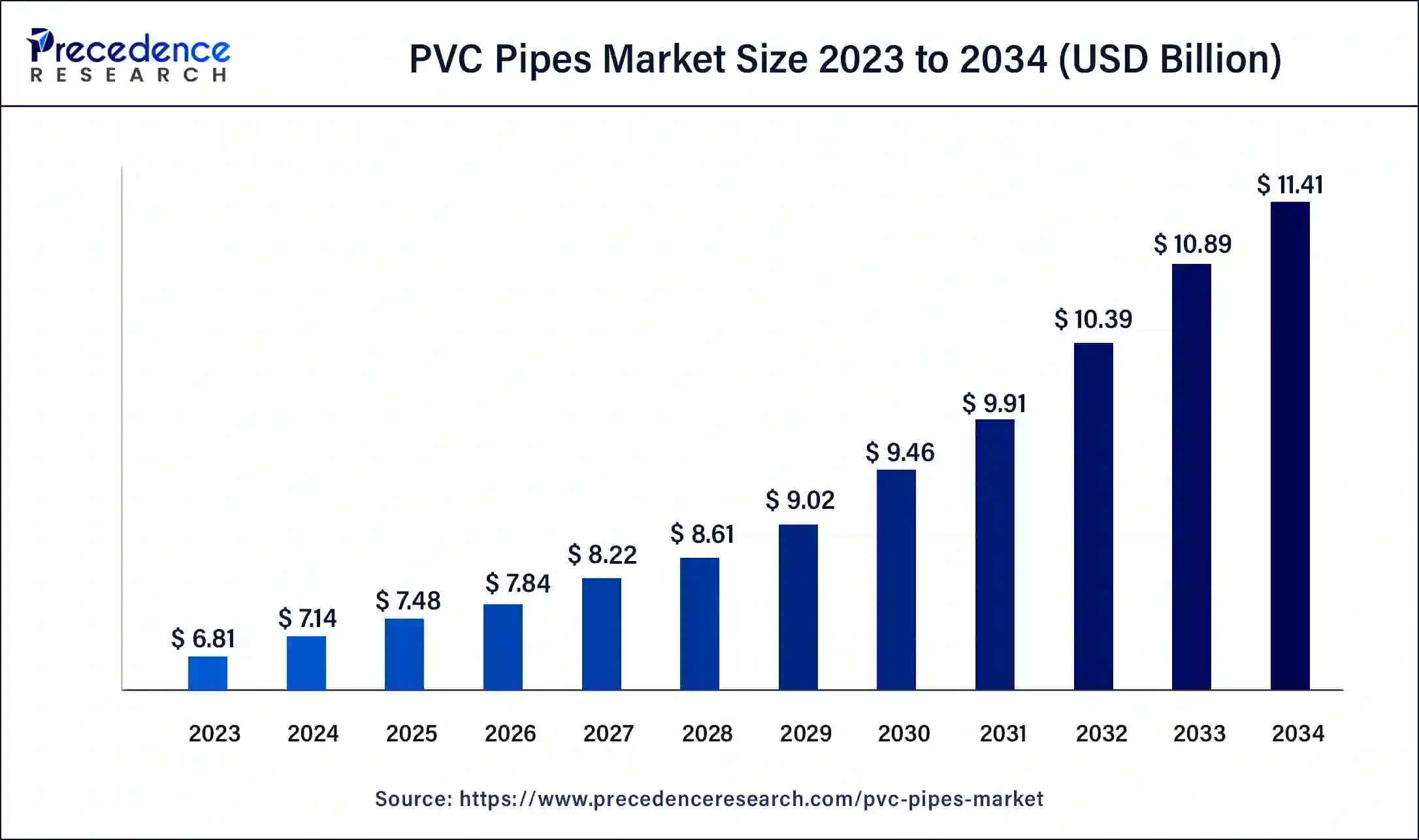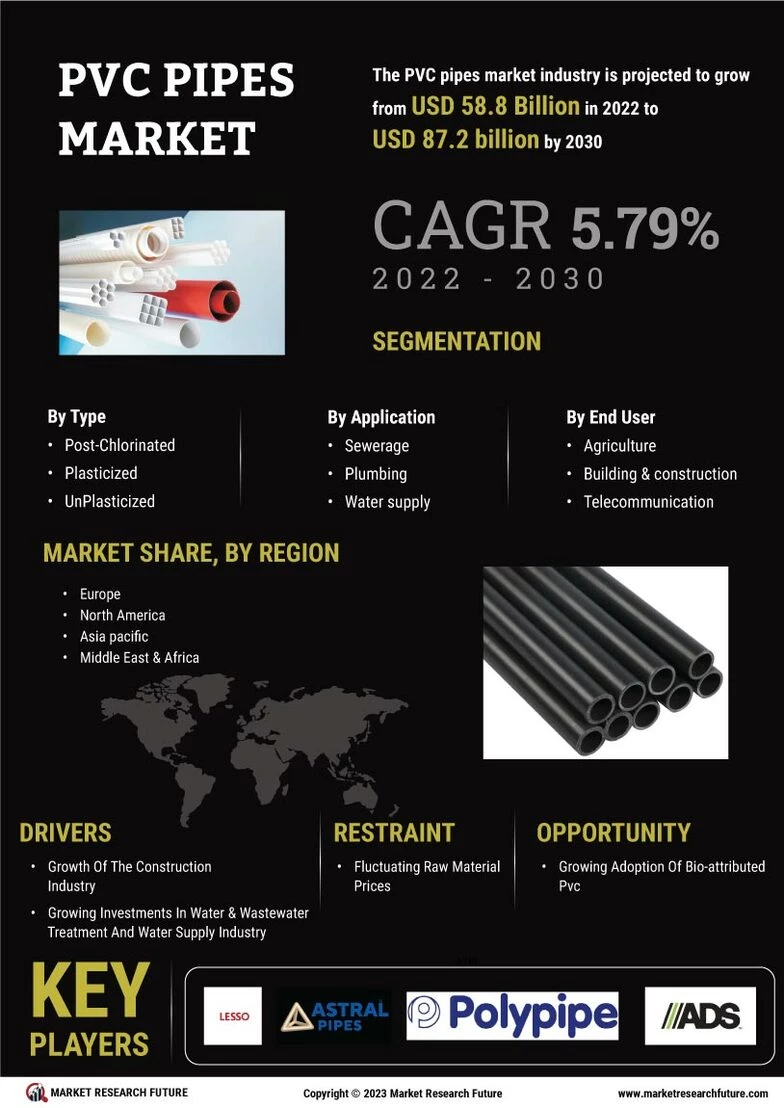Doj Investigates Potential Price-fixing In Pvc Pipe Market

The shadow of antitrust scrutiny has fallen upon the PVC pipe market as the Department of Justice (DOJ) initiates a sweeping investigation into potential price-fixing activities. This probe, sending ripples through the construction and infrastructure sectors, threatens to expose alleged collusion among major manufacturers, potentially impacting projects across the nation.
At the heart of the inquiry lies the suspicion that several leading PVC pipe producers conspired to artificially inflate prices, undermining fair competition and burdening consumers. This alleged misconduct, if proven true, could result in significant financial penalties, legal repercussions for involved executives, and a reshaping of the industry's competitive landscape.
Scope and Objectives of the DOJ Investigation
The DOJ's investigation is comprehensive, encompassing a thorough review of company documents, communications, and market data. Investigators are meticulously examining pricing patterns, sales records, and internal correspondence to identify any evidence of coordinated efforts to control prices or manipulate market dynamics.
Subpoenas have reportedly been issued to several major PVC pipe manufacturers, compelling them to provide information relevant to the investigation. The DOJ's Antitrust Division is leading the charge, bringing its expertise in prosecuting anti-competitive behavior to bear on this complex case.
The primary objective is to determine whether any agreements, explicit or tacit, existed among companies to fix prices, allocate markets, or rig bids. Such collusion would be a clear violation of federal antitrust laws, designed to protect consumers and ensure open competition.
Potential Impact on the PVC Pipe Market
The PVC pipe market is a substantial segment of the construction materials industry, supplying essential components for water distribution, sewage systems, and various infrastructure projects. Any disruption or distortion in this market can have cascading effects on construction costs and project timelines.
If price-fixing is confirmed, the immediate impact would likely be a downward adjustment in PVC pipe prices, reflecting a return to competitive market forces. Construction companies and municipalities could benefit from reduced costs, potentially freeing up resources for other aspects of their projects.
However, the long-term effects could be more complex. Companies found guilty of antitrust violations could face significant financial penalties, reputational damage, and even criminal charges for executives involved. This could lead to restructuring within the industry, with some companies potentially facing mergers or acquisitions.
Industry Response and Perspectives
As the investigation unfolds, affected companies have largely remained tight-lipped, citing the ongoing nature of the inquiry and the need to protect confidential business information. Some firms have stated their intention to cooperate fully with the DOJ, emphasizing their commitment to compliance with antitrust laws.
Industry analysts, however, are closely monitoring the situation, assessing the potential ramifications for the PVC pipe market and the broader construction sector. Some experts believe that increased scrutiny from regulators could lead to greater transparency and accountability within the industry.
Consumer advocacy groups have expressed strong support for the DOJ's investigation, arguing that price-fixing harms consumers by artificially inflating prices and limiting choices. They hope that the probe will deter future anti-competitive behavior and promote a more level playing field for all participants in the market.
Legal and Regulatory Framework
The DOJ's investigation is based on the enforcement of federal antitrust laws, primarily the Sherman Act, which prohibits agreements in restraint of trade. This includes price-fixing, bid-rigging, and other forms of collusion that undermine competition.
Violations of the Sherman Act can result in substantial penalties, including criminal fines of up to $100 million for corporations and $1 million for individuals, as well as imprisonment for up to 10 years. In addition, companies can face civil lawsuits from customers and competitors seeking damages resulting from the anti-competitive conduct.
The DOJ's Antitrust Division plays a crucial role in enforcing these laws, conducting investigations, and prosecuting individuals and companies that engage in illegal anti-competitive practices. The agency's efforts are aimed at protecting consumers, promoting economic efficiency, and fostering innovation.
Looking Ahead: Potential Outcomes and Implications
The DOJ's investigation into potential price-fixing in the PVC pipe market is likely to take several months, if not longer, to complete. Investigators will need to thoroughly analyze the evidence and conduct interviews with key individuals to determine whether any violations of antitrust laws have occurred.
Depending on the findings, the DOJ could pursue a range of enforcement actions, including civil lawsuits seeking injunctive relief and damages, as well as criminal charges against individuals and companies involved. Settlement negotiations could also occur, potentially leading to agreements that require companies to change their business practices and pay significant fines.
Ultimately, the outcome of this investigation will have a significant impact on the PVC pipe market, potentially reshaping its competitive landscape and influencing the prices paid by consumers for years to come. The case serves as a reminder of the importance of antitrust enforcement in protecting consumers and promoting fair competition in all sectors of the economy.

